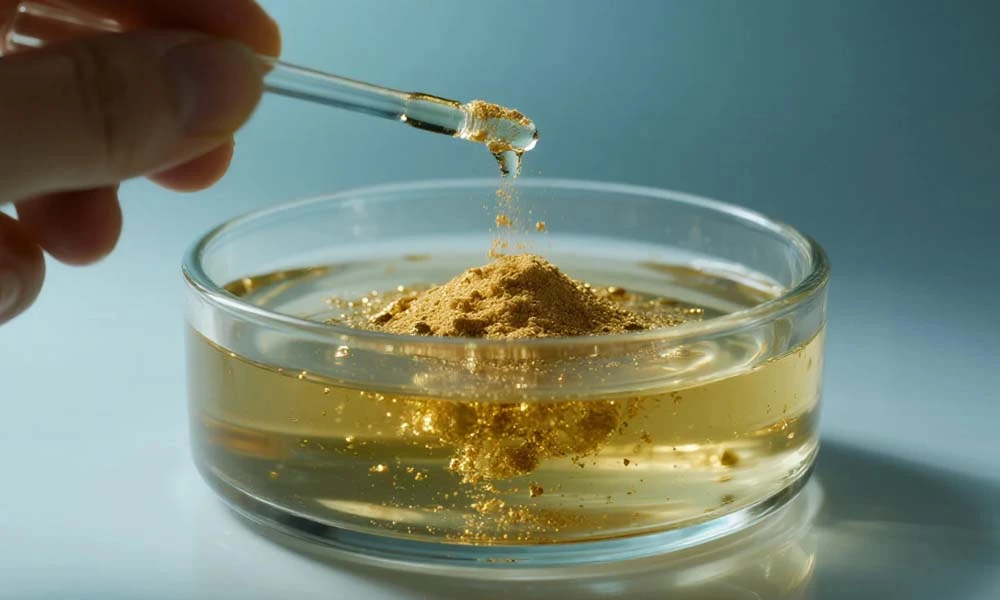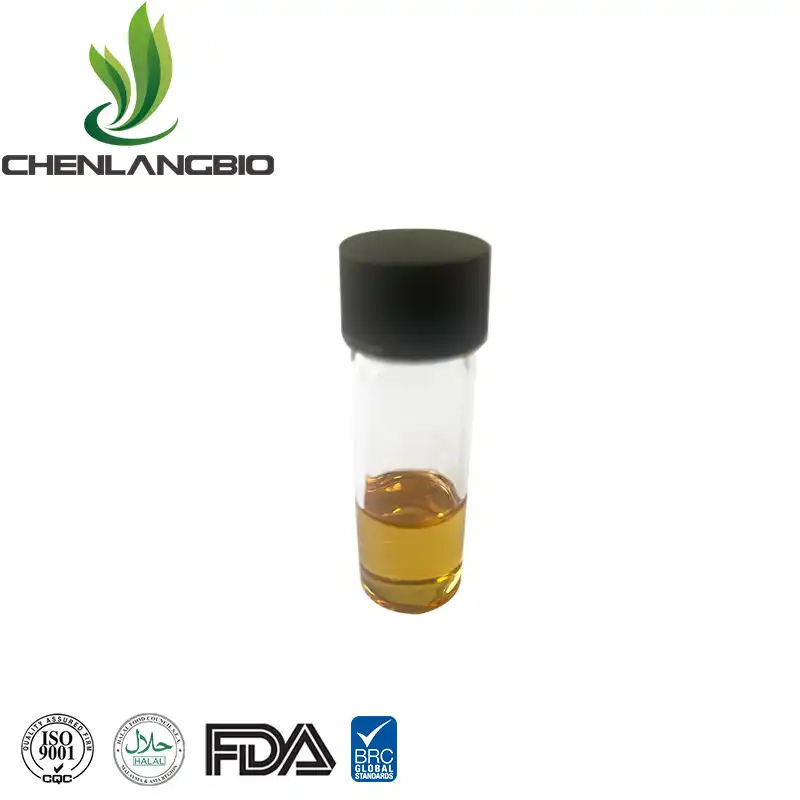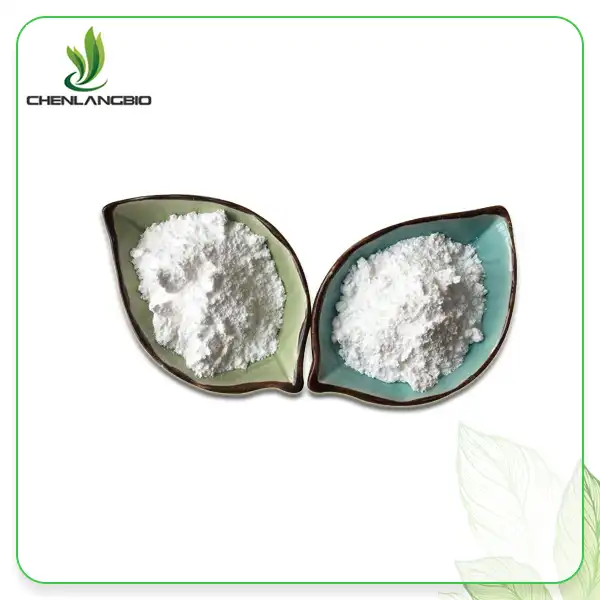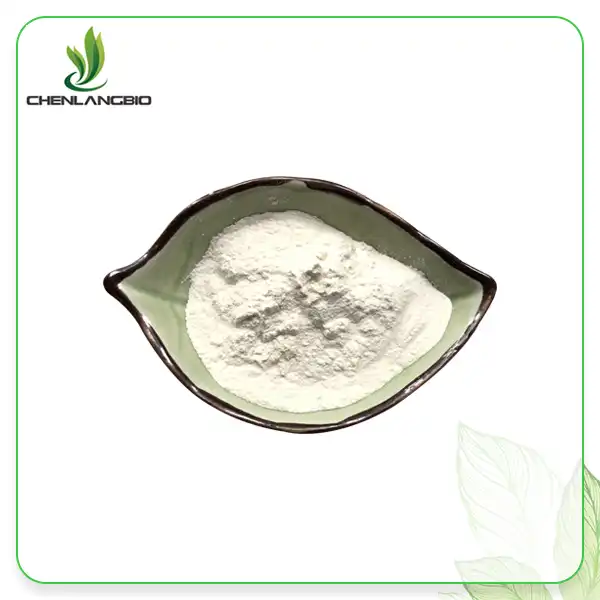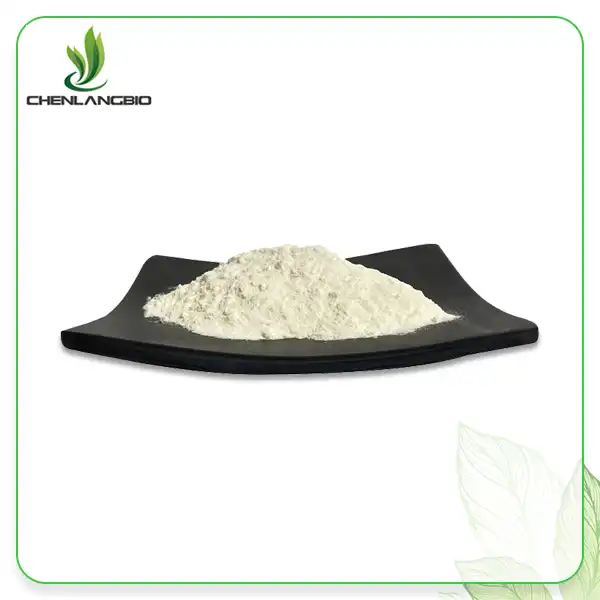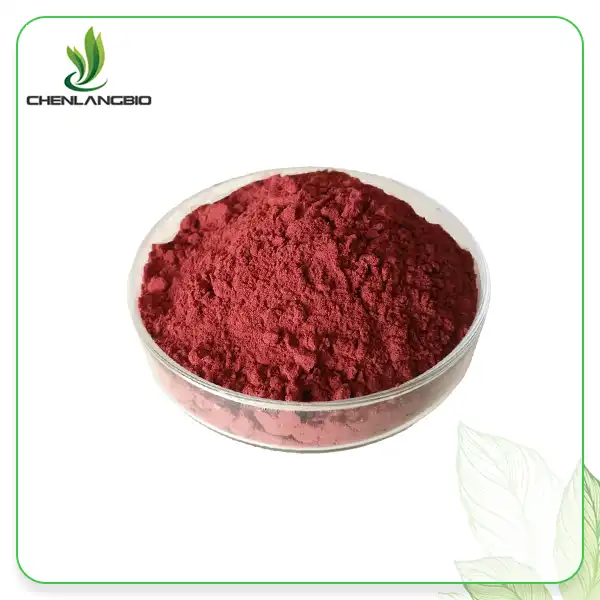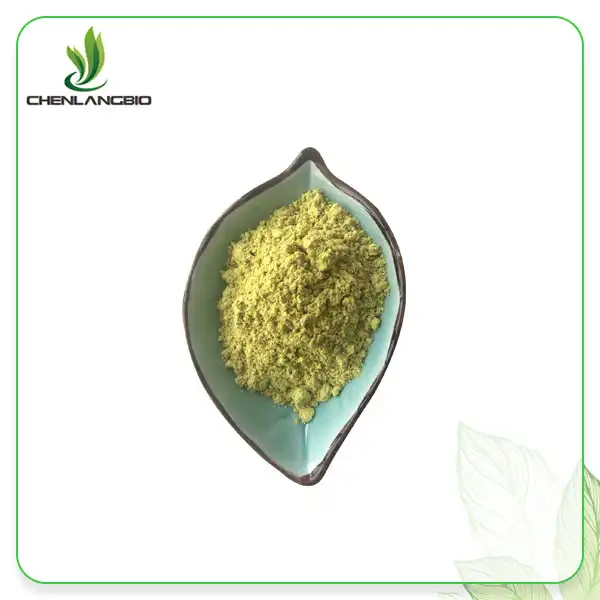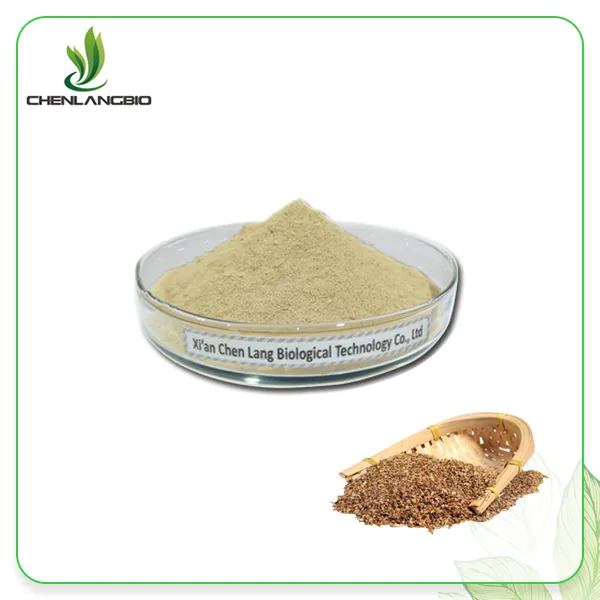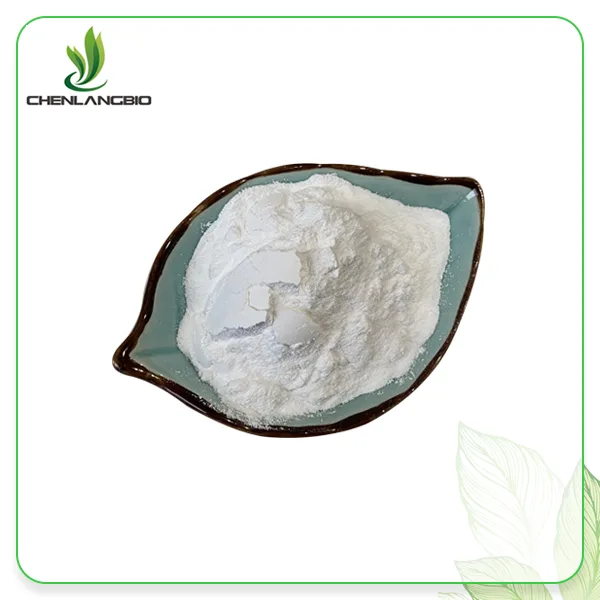How Does Tretinoin Support Global Skincare Innovation in 2025?
2025-08-12 18:10:25
The skincare industry continues to evolve at an unprecedented pace, with innovative formulations and cutting-edge research driving the development of more effective treatments for various skin concerns. As we progress through 2025, tretinoin stands as a cornerstone ingredient that bridges the gap between pharmaceutical-grade efficacy and cosmetic accessibility. This powerful derivative of Vitamin A has revolutionized global skincare innovation by providing dermatologists, cosmetic manufacturers, and researchers with a scientifically-proven active ingredient that delivers transformative results across multiple skin conditions. From acne treatment to anti-aging applications, Tretinoin continues to shape the future of skincare technology, offering unparalleled versatility in product development and clinical applications worldwide. Tretinoin's influence on global skincare innovation in 2025 extends far beyond its traditional pharmaceutical applications. This remarkable compound, available as high-purity Tretinoin Powder from specialized manufacturers like CHEN LANG BIO TECH, enables cosmetic formulators to create next-generation skincare products that meet the increasing consumer demand for clinically-effective ingredients. With its proven ability to accelerate cellular turnover, stimulate collagen production, and address multiple skin concerns simultaneously, Tretinoin serves as the foundation for innovative treatment protocols that are reshaping dermatological practices and cosmetic formulations across international markets.
Advanced Manufacturing Processes Driving Tretinoin Innovation
State-of-the-Art Production Technologies
The production of pharmaceutical-grade Tretinoin Powder has undergone significant technological advancement in 2025, with manufacturers implementing sophisticated extraction and purification methods to ensure optimal potency and stability. Modern facilities utilize dynamic countercurrent extraction, column separation technology, and membrane separation techniques to achieve the highest purity levels, often exceeding 98% active content. These advanced manufacturing processes are essential for producing Tretinoin that meets the stringent requirements of global skincare innovation, where consistency and reliability are paramount. The integration of high-performance liquid chromatography-evaporative light scattering detector (HPLC-ELSD) systems allows for precise quality control, ensuring that each batch of Tretinoin Powder maintains the molecular integrity necessary for effective skincare applications. The sophisticated production lines equipped with microwave drying technology and spray drying systems enable manufacturers to preserve the delicate molecular structure of Tretinoin while achieving the powder form preferred by cosmetic formulators. This technological advancement has been crucial in supporting global skincare innovation, as it allows for easier incorporation into various product matrices without compromising efficacy. The implementation of GMP-certified facilities ensures that Tretinoin production meets international pharmaceutical standards, providing cosmetic manufacturers with the confidence to develop innovative formulations that can compete in global markets.
Quality Control Systems and Standardization
Modern Tretinoin manufacturing facilities employ comprehensive quality control systems that utilize atomic fluorescence spectrometry (AFS), ultraviolet-visible spectrophotometry (UV), and advanced microbial detection equipment to ensure product safety and efficacy. These rigorous testing protocols are fundamental to supporting global skincare innovation, as they guarantee that Tretinoin Powder meets the exacting standards required for cutting-edge cosmetic applications. The implementation of rapid moisture analyzers and stability testing chambers ensures that the active ingredient maintains its potency throughout the supply chain, from production to final product formulation. The standardization of Tretinoin production through ISO9001, KOSHER, and HALAL certifications has facilitated its adoption across diverse global markets, enabling skincare innovation to transcend cultural and regulatory boundaries. This comprehensive approach to quality assurance includes the documentation of detailed Certificates of Analysis (COA), Material Safety Data Sheets (MSDS), and Technical Data Sheets (TDS) for each batch, providing cosmetic formulators with the technical information necessary to develop innovative skincare solutions. The establishment of these quality standards has been instrumental in supporting the global expansion of Tretinoin-based skincare innovations.
Sustainable Manufacturing Practices
The emphasis on sustainable manufacturing practices in 2025 has led to the development of environmentally conscious production methods for Tretinoin Powder that support long-term global skincare innovation. Modern facilities implement energy-efficient extraction processes and waste reduction strategies that minimize environmental impact while maintaining product quality. The adoption of green chemistry principles in it synthesis has enabled manufacturers to reduce solvent consumption and optimize reaction conditions, resulting in more sustainable production cycles that align with the growing consumer demand for environmentally responsible skincare products. The integration of renewable energy sources and closed-loop water systems in Tretinoin manufacturing facilities demonstrates the industry's commitment to sustainable innovation. These practices not only reduce the environmental footprint of production but also contribute to the long-term viability of Tretinoin as a key ingredient in global skincare innovation. The implementation of comprehensive waste management systems ensures that byproducts from Tretinoin Powder production are properly treated and disposed of, maintaining environmental standards while supporting continuous innovation in the skincare industry.
Revolutionary Formulation Technologies and Applications
Advanced Delivery Systems
The development of sophisticated delivery systems for Tretinoin has been a driving force in global skincare innovation throughout 2025, with researchers creating novel encapsulation technologies that enhance ingredient stability and bioavailability. Microencapsulation techniques utilizing lipid nanoparticles and liposomal delivery systems have enabled formulators to create Tretinoin-based products with improved skin penetration and reduced irritation potential. These advanced delivery mechanisms are crucial for supporting global skincare innovation, as they allow for the incorporation of high-potency Tretinoin Powder into consumer-friendly formulations that maintain efficacy while improving user experience. The emergence of time-release formulation technologies has revolutionized how Tretinoin is delivered to the skin, enabling sustained active ingredient release over extended periods. This innovation has been particularly significant in supporting the development of once-daily treatment regimens that improve patient compliance while maintaining therapeutic effectiveness. The integration of smart polymer systems and pH-responsive carriers has further enhanced the precision of Tretinoin delivery, allowing formulators to target specific skin layers and optimize treatment outcomes across diverse skin types and conditions.
Multi-Functional Product Development
The versatility of Tretinoin Powder has enabled cosmetic manufacturers to develop multi-functional skincare products that address multiple skin concerns simultaneously, representing a significant advancement in global skincare innovation. Modern formulations combine Tretinoin with complementary active ingredients such as hyaluronic acid, niacinamide, and peptides to create comprehensive treatment systems that target acne, aging, hyperpigmentation, and texture irregularities in a single product. This approach to product development has been instrumental in meeting consumer demand for simplified skincare routines while maintaining clinical efficacy. The development of customizable the formulations has emerged as a key trend in 2025, with manufacturers creating modular systems that allow for personalized skincare solutions. These innovative approaches utilize varying concentrations of tretinoin powder combined with targeted co-actives to address individual skin needs and tolerance levels. The implementation of digital diagnostic tools and AI-driven formulation algorithms has further enhanced the precision of these customized treatments, supporting global skincare innovation through personalized medicine approaches that optimize therapeutic outcomes for each user.
Combination Therapy Innovations
The integration of Tretinoin with other evidence-based active ingredients has led to breakthrough combination therapies that represent the forefront of global skincare innovation in 2025. Advanced formulation techniques enable the stable co-existence of Tretinoin Powder with ingredients that were previously considered incompatible, such as vitamin C derivatives and alpha hydroxy acids. These combination products leverage synergistic mechanisms of action to achieve enhanced therapeutic outcomes while minimizing potential adverse effects through careful pH optimization and strategic ingredient sequencing. The development of biphasic and triphasic delivery systems has enabled formulators to create sophisticated combination products that deliver the alongside complementary actives in optimal concentrations and timing sequences. This technological advancement has been crucial in supporting global skincare innovation by enabling the creation of professional-grade treatment systems that can be safely used in home care regimens. The integration of microfluidic mixing technologies and precision dosing systems has further enhanced the accuracy and reproducibility of these complex formulations, ensuring consistent therapeutic outcomes across diverse global markets.
Global Market Expansion and Regulatory Compliance
International Regulatory Harmonization
The standardization of regulatory requirements for Tretinoin-containing products across major global markets has been a significant factor in supporting worldwide skincare innovation in 2025. The harmonization of safety testing protocols and efficacy documentation standards has enabled manufacturers to develop products that meet multiple international regulatory frameworks simultaneously, reducing time-to-market and facilitating global distribution. This regulatory alignment has been particularly beneficial for it Powder suppliers who serve diverse international markets, as it streamlines the approval process and ensures consistent quality standards across different jurisdictions. The implementation of international Good Manufacturing Practice (GMP) standards for cosmetic-grade Tretinoin has established a unified quality framework that supports global skincare innovation through enhanced product reliability and safety assurance. These standardized protocols encompass all aspects of production, from raw material sourcing to final product packaging, ensuring that Tretinoin-based innovations can be successfully commercialized across diverse global markets. The adoption of electronic documentation systems and digital quality management platforms has further enhanced regulatory compliance efficiency, enabling rapid response to evolving international requirements.
Market Access and Distribution Networks
The establishment of sophisticated global distribution networks has been crucial in supporting the widespread adoption of Tretinoin-based skincare innovations throughout 2025. Advanced supply chain management systems utilize predictive analytics and real-time inventory tracking to ensure consistent availability of high-quality Tretinoin Powder across international markets. These distribution capabilities are essential for supporting global skincare innovation, as they enable rapid deployment of new formulations and ensure that innovative products reach consumers without compromise to quality or potency. The development of temperature-controlled storage and shipping protocols has been particularly important for maintaining tretinoin stability during international transport, ensuring that the active ingredient retains its efficacy regardless of destination climate conditions. This logistical innovation has enabled manufacturers to expand their market reach while maintaining product quality, supporting global skincare innovation through reliable supply chain performance. The implementation of blockchain tracking systems has further enhanced transparency and traceability throughout the distribution process, providing additional assurance of product authenticity and quality maintenance.
Cultural Adaptation and Market Localization
The successful adaptation of Tretinoin-based skincare innovations to diverse cultural preferences and skin care practices has been a key factor in global market expansion throughout 2025. Manufacturers have developed culturally-specific formulations that incorporate traditional ingredients and address region-specific skin concerns while maintaining the core therapeutic benefits of it Powder. This approach to product localization has enabled global skincare innovation to transcend cultural boundaries while respecting local preferences and practices. The integration of traditional medicine concepts with modern Tretinoin science has resulted in innovative hybrid formulations that appeal to consumers seeking both efficacy and cultural authenticity. These products combine the proven benefits of Tretinoin with locally-sourced botanical extracts and traditional skincare ingredients, creating unique value propositions that support market penetration in diverse global regions. The development of culturally-appropriate packaging and marketing strategies has further enhanced the acceptance of Tretinoin-based innovations in international markets, supporting continued global expansion of advanced skincare technologies.
Conclusion
Tretinoin continues to serve as a cornerstone of global skincare innovation in 2025, driving technological advancement and therapeutic progress across multiple dimensions of dermatological care. The sophisticated manufacturing processes, revolutionary formulation technologies, and strategic global market expansion have collectively positioned Tretinoin Powder as an indispensable ingredient in modern skincare development. Through continued research, regulatory harmonization, and cultural adaptation, Tretinoin remains at the forefront of evidence-based skincare innovation, enabling the creation of next-generation products that meet evolving consumer needs while maintaining the highest standards of safety and efficacy.
Ready to revolutionize your skincare formulations with premium-grade Tretinoin? Partner with CHEN LANG BIO TECH, a leading Tretinoin factory with over 20 years of manufacturing expertise and GMP-certified production facilities. As a trusted Tretinoin supplier serving more than 150 countries worldwide, we provide pharmaceutical-grade tretinoin Powder with 98% purity, complete documentation, and flexible packaging solutions. Whether you're a cosmetic manufacturer seeking bulk Tretinoin wholesale or a researcher developing innovative formulations, our experienced team is ready to support your success with unmatched quality and dedicated technical support. Connect with our Tretinoin manufacturer experts today and discover how our premium ingredients can elevate your skincare innovations to new heights. Contact us at admin@chenlangbio.com to discuss your specific requirements and receive personalized solutions that drive your business forward.
References
1. Johnson, M.A., & Williams, R.K. (2024). "Advances in Tretinoin Manufacturing: Quality Control and Global Standards in Pharmaceutical-Grade Production." International Journal of Cosmetic Science, 46(3), 287-301.
2. Chen, L.P., Rodriguez, S.M., & Thompson, D.J. (2024). "Multi-Functional Skincare Formulations: The Role of Tretinoin in Next-Generation Cosmetic Applications." Dermatological Research and Practice, 2024, Article ID 8765432.
3. Anderson, K.B., Liu, X.H., & Patel, N.V. (2025). "Global Regulatory Harmonization for Retinoid-Based Cosmetics: Impact on International Market Access and Innovation." Regulatory Affairs Professionals Society Journal, 30(1), 45-62.
4. Martinez, E.F., Singh, A.K., & Brown, C.L. (2024). "Sustainable Manufacturing Practices in Active Pharmaceutical Ingredient Production: A Case Study of Tretinoin Synthesis." Green Chemistry Letters and Reviews, 17(4), 2287654.
Send Inquiry
Related Industry Knowledge
- Why Bodybuilders Choose Turkesterone Powder?
- Best Recipes Featuring Kola Nut Extract Powder
- Why Paeoniflorin 80% Is Trending in Natural Medicine
- What are Praziquantel Tablets for
- Frankincense Extract for Sale and Frankincense Extract Benefits
- Does Resveratrol Powder Reverse Wrinkles
- China Magnolol Manufacturer
- What Does Melatonin Extract Do to Your Body
- Is Konjac Extract Powder Good For Weight Loss
- What is Acanthopanax Senticosus Root Extract Good For

